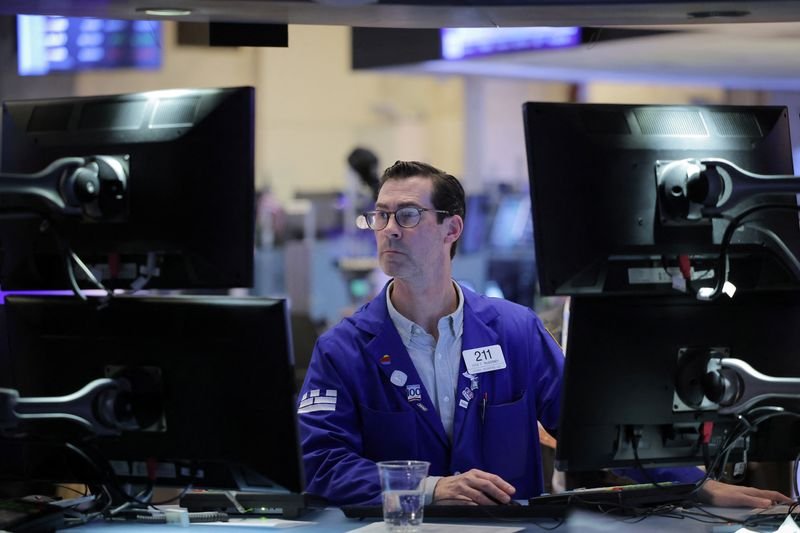There has been a recent uptick in geopolitical risks, presenting a growing set of challenges for investors navigating the current landscape. The emergence of fringe parties in the UK and French elections, alongside ongoing conflicts in Gaza and the Russia-Ukraine war, have made political outcomes increasingly unpredictable, according to UBS strategists. However, despite these uncertainties, UBS advises against divesting from risk assets, citing historical data that shows market impacts from international disputes are usually short-lived.
UBS emphasizes that electoral shifts, like those in India and France, often result in volatility rather than prolonged downturns. The market has historically been higher two-thirds of the time twelve months after the start of a crisis, as highlighted by UBS. Despite persistent geopolitical risks, the MSCI All-Country World Index has seen a 14% increase so far in 2024.
To navigate the current uncertainties, UBS recommends building resilient portfolios through diversification. This approach can help reduce volatility stemming from geopolitical conflicts and electoral uncertainty. Structured strategies can allow investors to maintain exposure to potential stock gains while mitigating sensitivity to corrections.
In a recent report, UBS reaffirmed its core investment views, despite the market rotation from large-cap tech stocks to small-caps. The bank suggests positioning for lower rates, focusing on quality growth stocks, and seizing opportunities in artificial intelligence. UBS notes that the data must be exceptional, not just good, for the rotation to continue, specifically emphasizing immaculate disinflation with growth surpassing trend.
July has witnessed a notable reversal in equity markets, with leaders from the first half of the year experiencing relative losses this month, while previous laggards have surged. The MSCI All-Country World Index is down 0.6% in July after a 16.7% increase in the first half of 2024. Likewise, the S&P 500 has returned 0.8% in July following a 15% gain in the first half of the year. In contrast, the small-cap index has surged by 7.6% in July, following a modest 0.9% increase in the first half of 2024.

